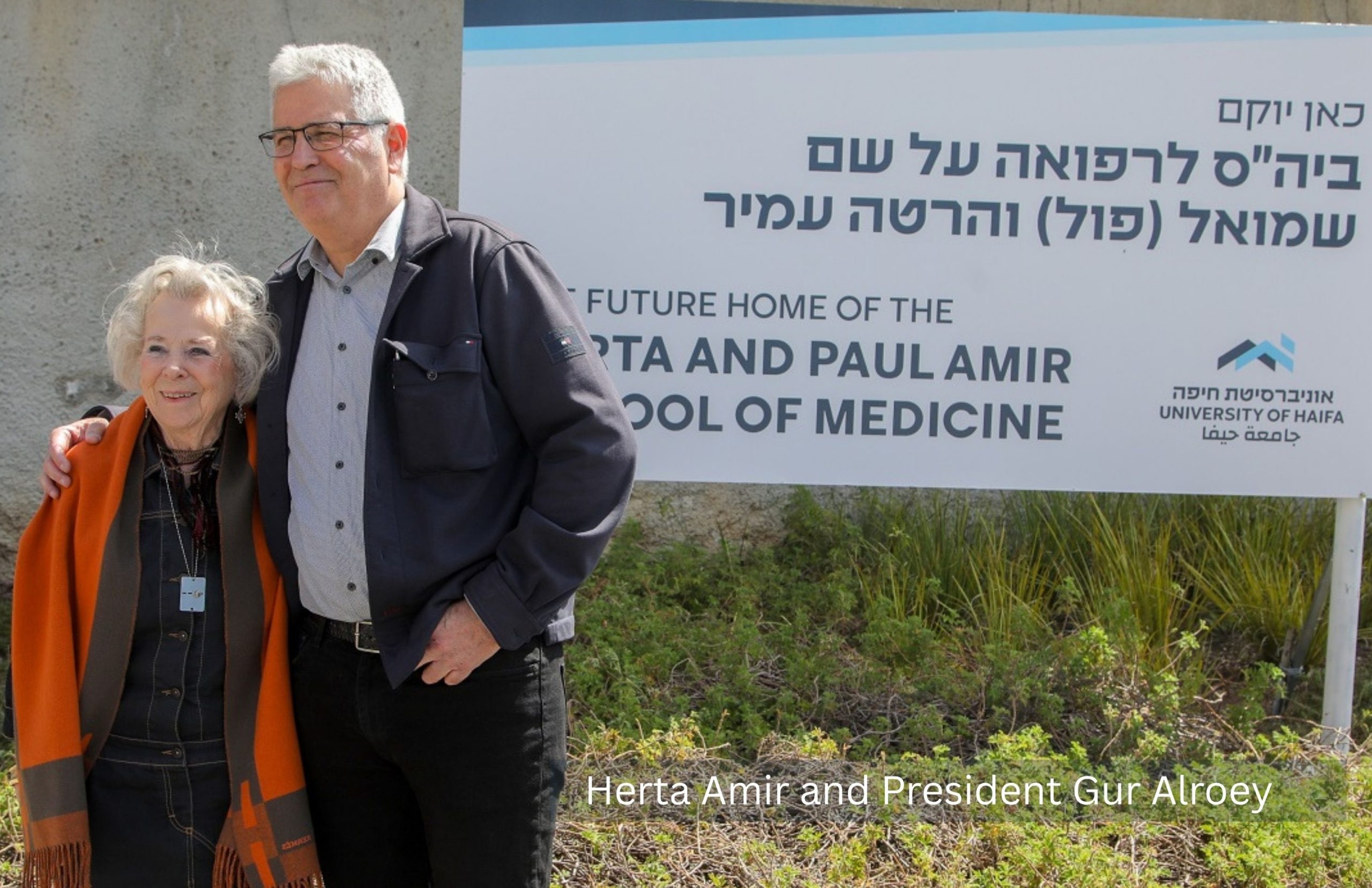
2025 President's Report
New Foundations for Tomorrow’s Healthcare
2025 President’s Report > New Foundations for Tomorrow’s Healthcare
New Foundations for Tomorrow's Healthcare

At the Herta and Paul Amir School of Medicine, medical education begins where the need is greatest - and extends far beyond the classroom.
The blueprint is ready, and a long-anticipated step is taking shape in northern Israel: a new medical school with a national mission. The University of Haifa has been entrusted by the Israel Council for Higher Education to take a leading role in bringing academic strength to one of Israel’s most urgent healthcare challenges.
While Israel offers world-class medical care, over half of its physicians are now over age 55, with hundreds expected to retire annually in the coming years. The shortage and strain, deepened by prolonged war and ongoing conflict, are already being felt, especially in northern Israel. Set to open in October 2025, the Herta and Paul Amir School of Medicine will launch with 64 students and a curriculum built for the realities of modern medicine.
“We’re training physicians not only to meet today’s demands, but to anticipate what comes next,” says Founding Dean Prof. Haim Bitterman.
One of those realities is the shift toward what is often referred to as a ‘continuity of care’ model. “Rather than limiting medical education to hospital settings, students will train across the entire care journey – working in clinics, outpatient facilities, and community-based services,” Prof. Bitterman explains. “This kind of exposure will build professional self-confidence, enhance learning in the most relevant care environments, and strengthen clinical experience – ultimately leading to better training of future physicians across the full spectrum of care for improved long-term outcomes.”
The School’s strong partnerships with Clalit Health Services (Israel’s largest HMO) and Carmel Medical Center will provide immediate, hands-on experience. Students will work closely with diverse populations and gain practical training in all medical areas including mental health, which has become increasingly vital amid the lasting effects of war and conflict.
A generous $50 million gift from Herta Amir is enabling the creation of a cutting-edge academic hub, which will include hybrid classrooms, advanced teaching labs, and a cutting-edge simulation center incorporating AI and virtual reality. “But,” she says, “the building is just that. What we truly need are the motivated and well-informed professionals who will become part of Israel’s medical society and help shape its future.”

Interest in the program has far exceeded expectations, with more than 1,000 applicants vying for limited spaces. “We’re seeing a notable wave of motivated applicants who want to stay in the region and be part of something new,” says Rector Mouna Maroun, who is overseeing the School’s operations.
The first class will bring together individuals chosen for their curiosity, compassion, and commitment to care. They represent not only the future of medicine – but a new chapter for healthcare in the North.

Diversity as a Driving Force
The Herta and Paul Amir School of Medicine is forming a student body that reflects Israel’s rich social fabric, opening doors for underrepresented communities and strengthening care across all sectors of society.
Help Build the Future of Care
We are deeply grateful to our generous supporters who are helping bring this transformative vision to life. Among them is a meaningful gift from
Neri Oxman and Bill Ackman for the Rivka Oxman Student Plaza, which will serve as the University’s new gateway and arrival point.
To fully realize the potential of the new facility, additional funding is needed for scholarships, state-of-the-art teaching equipment and simulation technologies, an Advanced Structural and Imaging Core Laboratory, and a new Medical Sciences Library and Information Hub.

2025 PRESIDENT’S REPORT
Produced by the Division of External Relations
© June 2025 University of Haifa
Mount Carmel, Haifa ISRAEL
www.haifa.ac.il
Photography: University of Haifa Archives, American Friends of University of Haifa, Itai Bodel, Manara Center, and Getty Images.